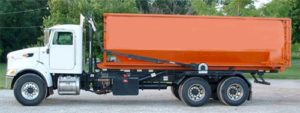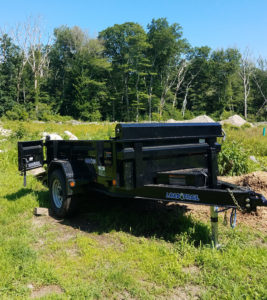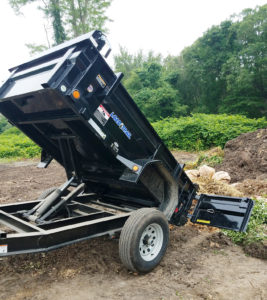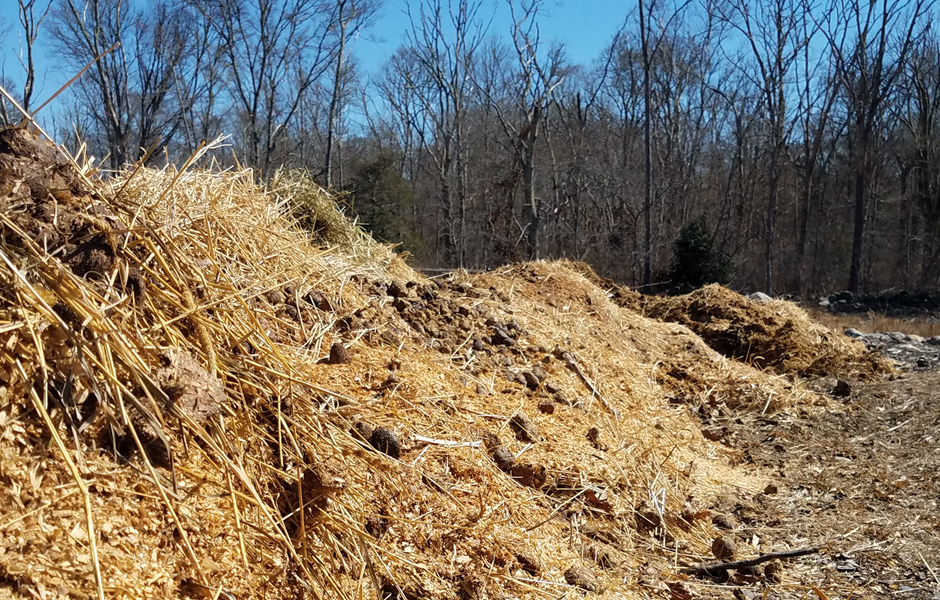If you are plagued by a growing manure pile and no solid plan for disposal, you’ll appreciate today’s chat about ideas that can relieve your manure pile stress. In this episode, Helena welcomes back her horse husband, Buck, and they discuss some of the more popular options for manure management and removal, what they tend to cost, as well as the pros and cons of each. What did the Harrises choose for their small horse property? Listen in to find out!
Can you afford a composting system, manure spreader, or dump trailer? Use the Stall and Stable Financial Planner to find out!
From this episode:
- Manure Spreader – as narrow as 4’ wide
- Available in a stainless steel body (impervious to urine and moisture)
- Start at $3,000
- Can handle 1-4 wheelbarrow loads
- Tow with lawn tractor or ATV
- Need more than 3 acres to be useful
- Composting System
- Low cost or no cost to set up
- Requires time to manage (turn, aerate, process, move)
- Makes awesome compost that you could sell
- Takes up more space than you think
- Flies still an issue
- Disposal/disbursement/use still an issue
- UMass Amherst Composting Page
- Dumpster
- Moderate cost (lowest we could find in New England was $189 / month for a 10 cubic yard dumpster)
- Removal is low stress
- Easy to remove, at your interval
- Ugly
- Takes up space
- Unloading a full wheelbarrow into dumpster requires some innovation
- Wholesale Nationwide Dumpster Rental

- Removal by 3rd Party
- High cost
- Manure pile tends to get very big, drawing flies and taking up valuable space
- You’re at the mercy of the 3rd party’s schedule
- The pile must be easy to access with equipment like front-end loader, etc.
- Dump Trailer
- High cost
- Low stress
- Requires tow vehicle
- Saves time and space
- Must be moved when trailer gets full
- You need a distribution or disposal plan
- Local dump or transfer station (check your town or city’s Organic Waste Recycling options)
- Local gardeners/growers who would like to use it



